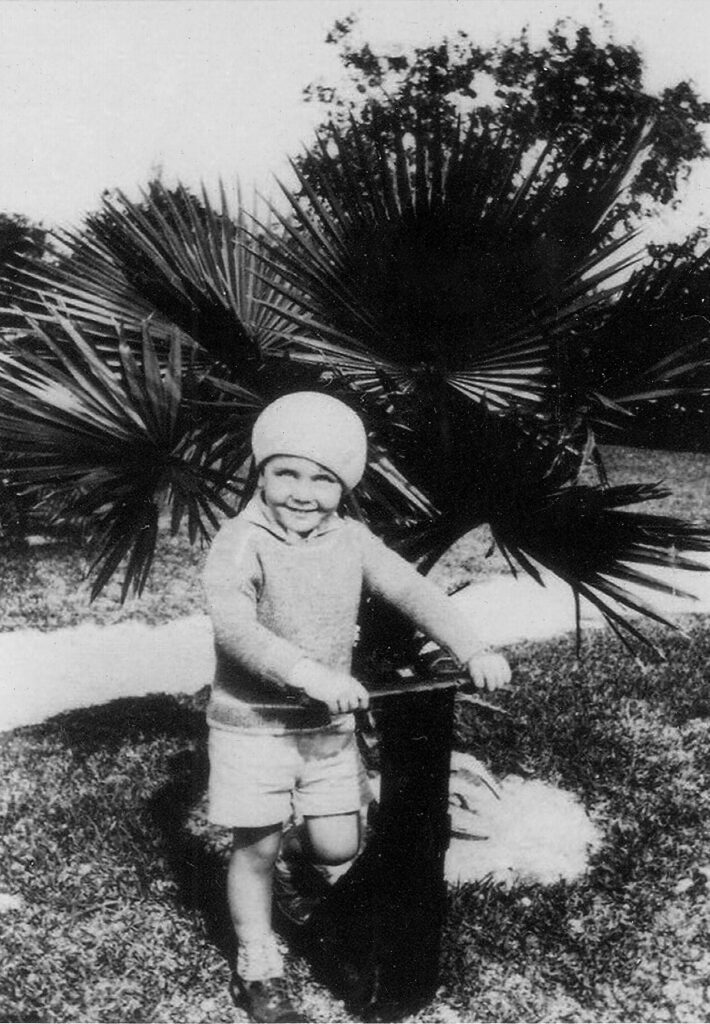“Director’s Notes” are excerpts from our monthly email newsletter, “Stories from the Garden.” Subscribe here, and see past issues here.

Dear Friends,
Today is W.S. Merwin’s birthday. It’s the anniversary of the day on which a vibrant imagination, a deep sense of wonder, and a particular set of convictions began moving toward and among one another to animate an attentive and evolving life of 92 years. Each September 30th since William’s death invites us to think anew about how the Conservancy can best carry forward these convictions, this abiding sense of wonder and wide-ranging imagination, in a tumultuous world with concerns both new and too long lingering. In the days since fire destroyed lives and homes in Kula and Lāhainā, I have stumbled through my disbelief, asking myself how William might have taken in a disaster so long in the making, how he might have moved through despondency, and made something extraordinary of it. In my bewilderment, I came up short, but by some good fortune, I stumbled my way into the pages of Terry Tempest Williams’ Erosion: Essays of Undoing. There, she asks:
“How can we find the strength not to look away from all that is breaking our hearts?”
Yes, we can all too easily wallow in the face of heartbreak, or elide its true causes in service of discomfort’s swift resolve. We can evade unsettling truths by pointing fingers, or by invoking hope, when in truth, in hope’s name, we are deferring agency, or abdicating it altogether. (Happily hope has other lives.) We can seek strength in resistance, in acting against dominant systems and practices. I have on occasion thought of William’s palm garden as an act of resistance—against rampant development, human exceptionalism, and the toxic notion of dominion. But resistance holds as its primary referent the extractive systems it works against, allocating precious attention to that which we will no longer abide. It seems to me, as I remember William today, that his way was different, but no less radical. Across the decades, William looked plainly at war, extraction, environmental destruction and disregard. And while sustaining his gaze, he chose another way. In poems and palms, he enacted his concerns. (Hope thrives as a practice.) Not in spite of, but simply of these concerns, he made a place that now feels very much like “a place apart,” as he wrote late in his life. I return to Erosion:
“Our undoing is also our becoming.”
In these wise words, and in remembering William’s life, I’ve come to see that we can make what heals our hearts from what has broken them. By allowing the undoing, and allowing the undoing its time, we can meet our becoming, and make the world anew.
Lāhainā town disappeared within minutes, but Lāhainā’s undoing is still underway. We, like William, will sustain our gaze, face all that has broken hearts here on Maui, and gather behind those who will fashion its revitalization. For now, we grieve, abide, listen. As you’ll see below, in the weeks to come, we will welcome Maui residents into the stillness of a garden made of concerns for the world. In the years to come, we’ll propagate west Maui palms for a future soon to be in the making. We begin today by planting a native loulu in memory of W.S. Merwin. In the weeks ahead, we’ll expand our ʻohana to attend even more fully to Maui’s undoing, and to ready ourselves to participate in her becoming. And on the way we’ll look to poetry. I couldn’t resist sharing two poems today, one of which William reads himself.
With aloha,
Sonnet


I hope this isn’t inappropriate – it’s a poem I wrote after learning of Merwin’s passing. Perhaps someone at the Conservancy will find it worth reading
for W.S. Merwin
Tireless traveler
it’s only a short while
since you strode on ahead
crossed the horizon
moving as always
toward the light
no longer held back
by a mere body
you’ve headed for the sun
as it sets westward
off the coast of Maui
and even as your body fades
your shadow lengthens
opaque at times but glimmering
with subtle light
it reaches us who are still landbound
while your voice
like fabled Orpheus
carries across
gathering beasts and humans
in its spell
Steve Berman
March 7, 2022
Grants Pass OR
Beautiful tribute of poetry to a great and gentle spirit. Thank you